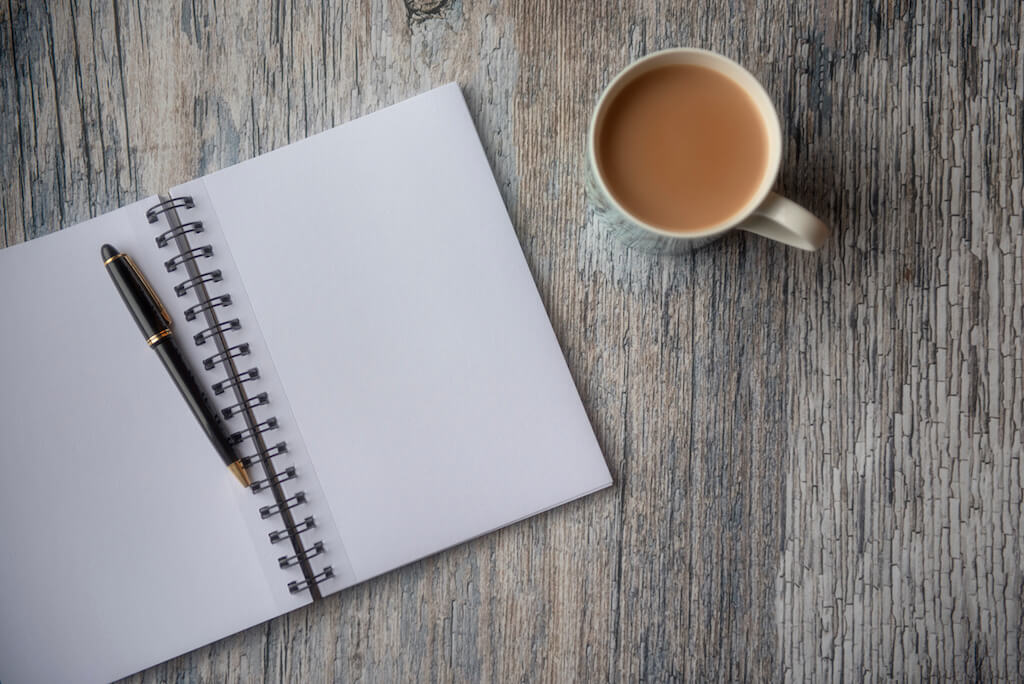Start your day off right with with six morning practices to de-stress and set your day’s intentions, writes mindset coach Alister Gray.

Don’t underestimate the power of visualisation
Visualisation
For decades Olympic athletes and sports professionals have used the power of visualisation to help them prepare for big events and competitions, often referred to as ‘mental rehearsal’.
The incredible thing is that your brain doesn’t know the difference between an imagined reality and what we call reality. Therefore, by spending time each morning, imagining and visualising the day that lies ahead, we are essentially programming our brain to look for, and create, opportunities to manifest this imagined reality into existence.
Breathwork
Our breath is an incredible tool that enables us to clear the mind first thing, connect to the present moment and improve our overall focus, as well as our physical health.
Close your eyes and practise inhaling to the count of four, holding your breath to the count of four, then exhaling through your mouth for the count of four. Over time you can increase the count for all parts.
The important thing is that you maintain a consistent count for the inhale, hold, and exhale, as this will help create balance and focus, cultivating the perfect environment for meditation.
Meditation
There are many ways to meditate. A good place to start is with guided meditation, but if you want to start your morning without technology, use this simple mantra meditation to take you deeper into present-moment awareness:
- Close your eyes, straighten your back, relax your shoulders and begin to focus on the inhale and the exhale.
- On every inhale repeat (in your head) the word, “So” and on every exhale the word, “Hum”.
- Repeat this mantra “So-Hum” in alignment with the rhythm of your breath.
- Whenever you notice your mind wandering, bring it back to the mantra.

Journaling is an effective way to consider the day ahead
Journaling
If you don’t have a journal, buy one. Spend time each morning (five minutes is a good place to start) and ask yourself some questions: What would make today great? If I could complete one task today, what would I choose? Who could I reach out to who I’ve not connected with in a while?
As you become more comfortable with journaling, you can change the questions and mix it up. Journaling is an incredible way to develop emotional regulation, creating space (and time) to consider, think and reflect on a deeper level.
Gratitude and Appreciation
Using your journal, spend five minutes in the morning, and evening, writing down three to five things you’re grateful for. Then spend a few minutes on each, considering the reasons why you are grateful for these people, things, situations and experiences.
It’s important to connect to the reasons you appreciate them so much, as doing so will evoke an emotional response. It’s when we connect to the feeling that practising gratitude becomes powerful and impactful.
Intention Setting
Intention setting can often be confused with goal setting or targets. Although alike, they are entirely different in a subtle yet powerful way. Intention setting is about considering how you would like to be and feel as you move throughout your day – like an anchor that you can return to in any moment.
Take a moment to write down the questions, ‘How would I like to feel as I move throughout my day?’ and ‘How would I like to show up today?’, then spend five minutes writing down your answers in your journal.
Alister Gray is an executive leadership consultant, mindset coach, founder of Mindful Talent and co-founder of Realise Resilience










